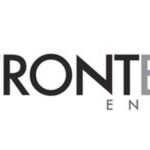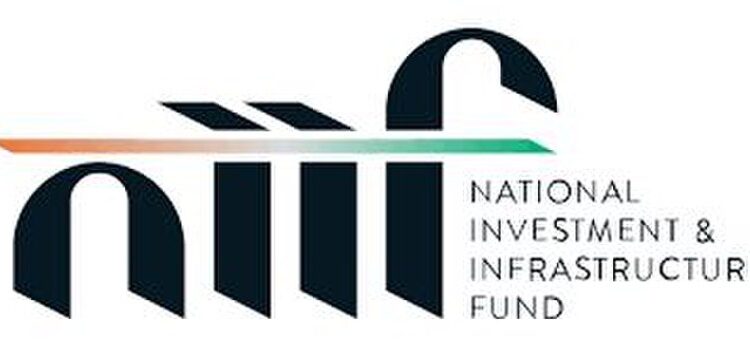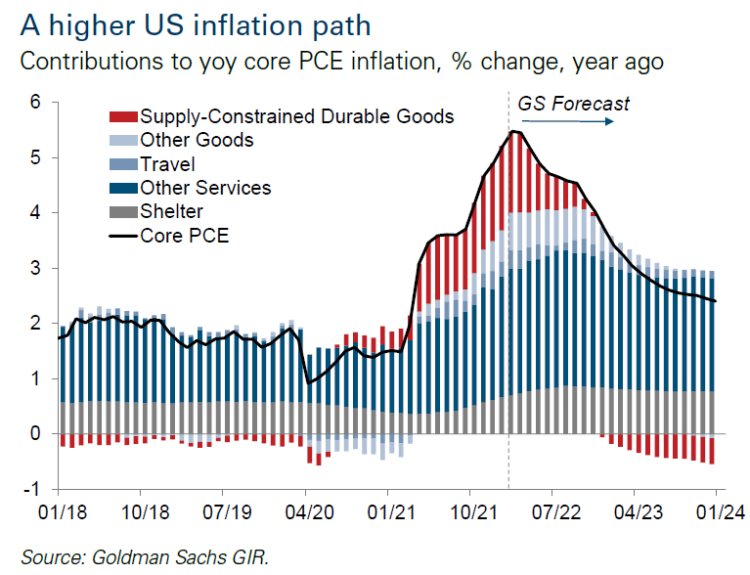Refined product futures higher, crack spreads ease
- Crude-oil futures recover from declines after large build in U.S. inventories
- Refined product futures are modestly higher
- Crack spreads ease despite drops in U.S. gasoline and distillate inventories
- NYMEX March West Texas Intermediate contract up $1.70 to $78.34/bbl
- April Brent contract up $1.57 to $83.17/bbl
- Reports indicate a decline in global oil stocks
- NYMEX March contract up by 3.06cts to $2.3475/gal
- April RBOB contract up 3.14cts to $2.5836/gal
- Significant refinery downtime affects winter market for light products
- Diesel prices strong overseas, impacting U.S. markets
Crude-oil futures were higher Thursday, recovering from declines on Wednesday after the Energy Information Administration reported a large build in U.S. inventories. Refined product futures were modestly higher and crack spreads eased a bit, despite the government estimate of sharp drops last week in U.S. gasoline and distillate inventories. The NYMEX March West Texas Intermediate contract was close to its morning highs, up $1.70 to $78.34/bbl. The April Brent contract was $1.57 higher at $83.17/bbl with a slight backwardation in the 2024 contract structure. A number of reports have pointed to a January decline in global oil stocks, even though compliance with OPEC+ production quotas has disappointed any who are bullish on the market. The NYMEX March contract was up by 3.06cts to $2.3475/gal and the April RBOB contract, which represents summer-grade gasoline, was 3.14cts higher at $2.5836/gal. Significant refinery downtime continues to dominate the winter market for light products with EIA putting U.S. refinery utilization at the lowest level in more than 10 years. Diesel prices are strong overseas and some of that strength has filtered into U.S. markets.
Companies Public: Energy Information Administration (), NYMEX (), OPEC+ (), EIA (), Dow Jones & Co ()
Companies Private: Oil Price Information Service
Key People: Tom Kloza (Reporter), Jeff Barber (Editor)
Factuality Level: 8
Factuality Just: The article provides factual information about the prices of crude oil and refined products, as well as the state of U.S. inventories and refinery utilization. It does not contain any irrelevant or misleading information, sensationalism, redundancy, or opinion masquerading as fact. The information is presented objectively and accurately.
Noise Level: 3
Noise Just: The article provides specific information about crude-oil futures, refined product futures, and crack spreads. It also mentions the government estimate of drops in U.S. gasoline and distillate inventories. However, the article lacks analysis of long-term trends or antifragility. It also does not hold powerful people accountable or provide scientific rigor. Overall, the article stays on topic and provides evidence and data to support its claims, but it lacks actionable insights or solutions.
Financial Relevance: No
Financial Markets Impacted: No
Presence Of Extreme Event: No
Nature Of Extreme Event: No
Impact Rating Of The Extreme Event: No
Rating Just: The article discusses the recovery of crude oil futures and the modest increase in refined product futures. It does not mention any extreme events or their impact.
 www.marketwatch.com
www.marketwatch.com 





